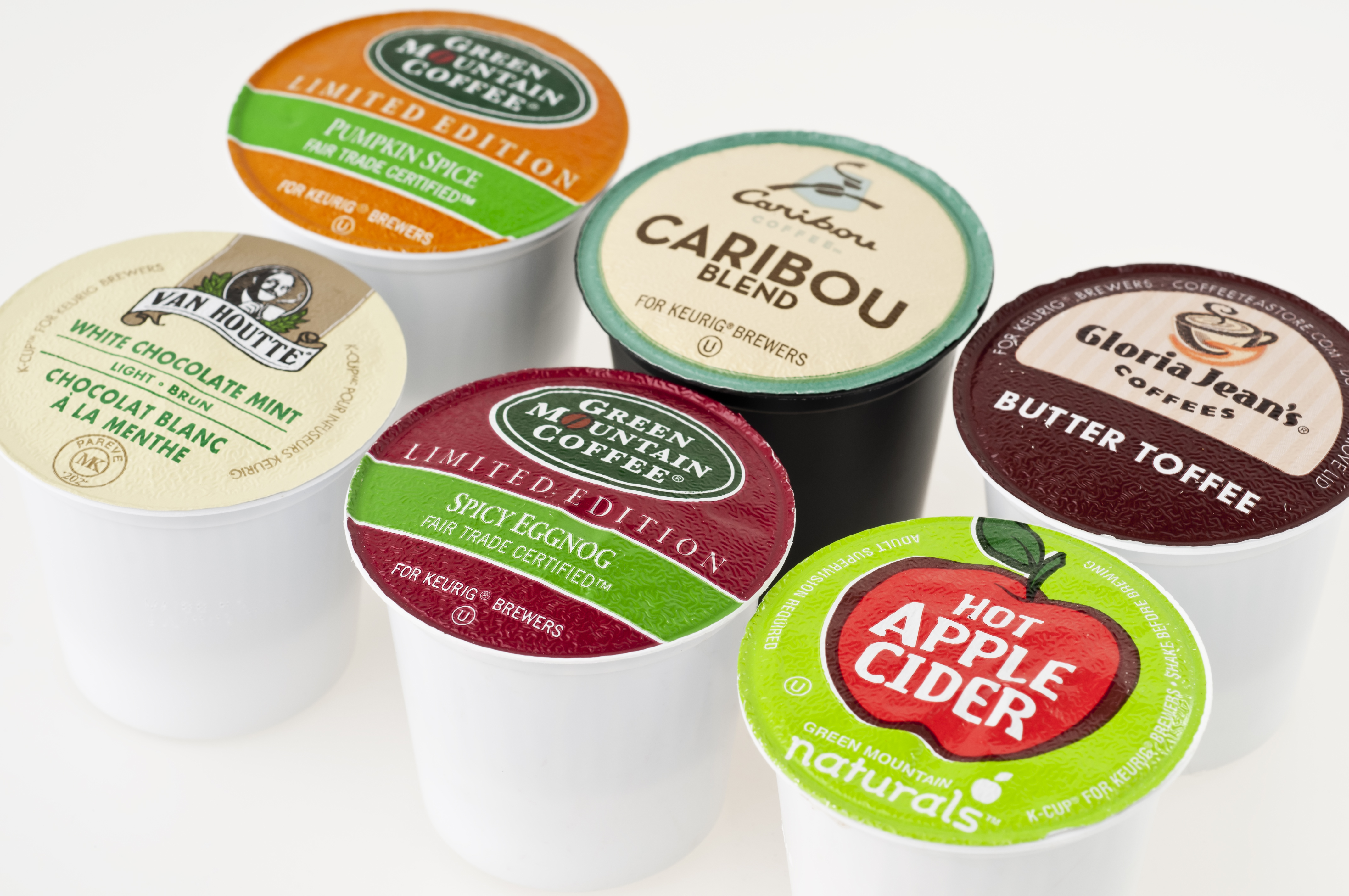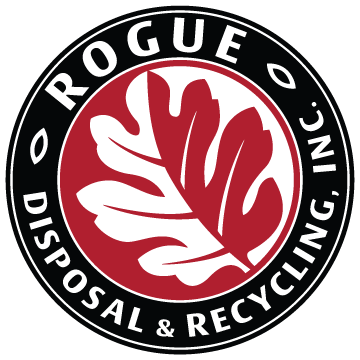Understanding Greenwashing: What it is and how to spot it

Have you ever seen a product in the store that says it’s recyclable but you can’t believe it is? Odds are it’s not. That’s what’s known as “greenwashing” — the process of giving a false impression or providing misleading information about a product that makes it seems more environmentally friendly than it really is.
What is greenwashing?
Simply put, greenwashing is when manufacturers attempt to take advantage of the growing demand for environmentally conscious products — touting products as being recyclable or compostable, for instance, when they’re not.
Some products are genuinely green — sustainable and earth-friendly. When that’s the case, they typically detail their benefits and often compare them against their non-green counterparts.
But some products labeled as green really aren’t. And in some cases, putting them in the recycling cart can contaminate the entire recycling stream.
The rules on green
The Federal Trade Commission (FTC) was established to protect customers by enforcing laws designed to ensure a fair, competitive marketplace. In the case of greenwashing, they have provided guidelines on what a product representing itself as green should have.
- Packaging and advertising should explain the product’s green claims in plain language and readable type — close to where the claim has been made
- If a green claim is made, it should specify whether it refers to the packaging, the product or just a part of what’s being sold
- Any green claim being made should not overstate — directly or by implication — any environmental attribute or benefit
- If a product is claiming a benefit over a competitor, the claim needs to be substantiated
Examples of greenwashing
The FTC’s website provides examples of what they consider to be deceptive greenwashing claims. Here are a few samples:
- A trash bag is labeled as recyclable. Not only can trash bags not be recycled, they jam the machinery used to sort recycling materials at the processor and can cause worker injuries, plant shutdowns and material contamination.
- An area rug is labeled “Now with 50% more recycled content.” This claim is technically true, as the manufacturer increased the amount of recycled content from 2% to 3%. But it gives the false impression that the rug contains a significant amount of recycled fiber — which it doesn’t.
- The plastic packaging holding a new shower curtain is labeled as “recyclable.” It’s unclear whether the package or the shower curtain is recyclable. Either way, this label is deceptive because other than minor components, the majority of the product must be recyclable and in this case, it’s not.
There are other examples too, including the well-known case of Volkswagen. They admitted to cheating emissions tests by fitting vehicles with a “defeat” device that used specially created software to detect when then car was undergoing testing, altering the performance to reduce the emissions and pass the test. While touting their vehicles as “low-emissions” and thus green, in reality, their engines were emitting up to 40x the allowed limited for certain pollutants.
Greenwashing and single-use plastics
Perhaps nowhere is greenwashing more prevalent than with single-use plastics. The plastics used in grocery bags, clamshell food containers, condiment packs, beverage cups, K-Cups and thousands of other products tend to greenwash in two different ways. First, “biodegradable plastics” require both sunlight and oxygen in order to break down — conditions that aren’t present in a landfill or the ocean. And second, since these products require a tremendous amount of energy and other resources to manufacture in the first place (including petroleum and petrochemicals), the idea of them being “friendlier” plastics is misleading. In fact, the FTC began cracking down on misleading claims beginning in 2013.
What can we do?
Be skeptical. When you see a product claiming something that’s too good to be true, it likely is. Hold companies accountable too. Consumers vote with their purchases. If you feel that a company is investing more time and money marketing their products as “green” rather than doing the actual work to make them green — and sustainable — speak up and let them know it’s not OK. Just because a company creates TV commercials and store signage that portrays them as caring about the environment doesn’t mean their products are eco-friendly. By increasing awareness and voting with their shopping dollars, thoughtful and well-informed consumers are helping to make corporations greener.
Learn more on greenwashing — including information about misleading recycling labels on hundreds of plastics —with this informative article from One Green Planet. https://www.onegreenplanet.org/environment/us-companies-use-misleading-recycling-labels-on-plastic-crisis/
Share This
